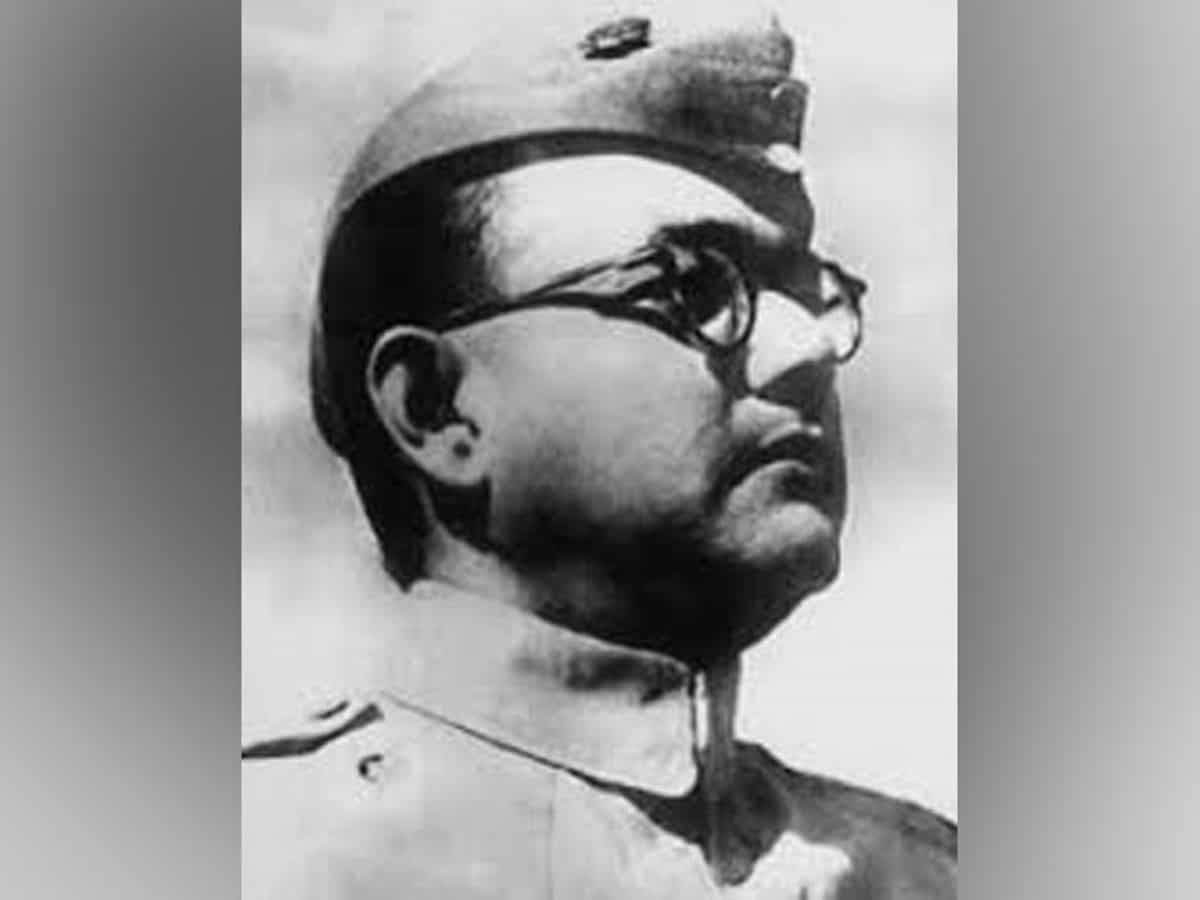
Netaji always championed women’s equal participation as men in the social, economic and political fields. He spoke with great admiration and deep reverence about the brave women, like Rani Lakshmibai of Jhansi, Pritilata Waddedar, Kalpana Das, and many others who participated in revolutionary struggles against the British rulers. Soon after the Indian National Army was formed he instituted the Jhansi Rani Regiment for women volunteers, who, if necessary, would take part in active combat.
On July 12, 1943, he addressed the women’s section of the Indian Independence League. He announced the impending formation of the Jhansi Rani Regiment and gave a call to the assembled women to volunteer for enlistment.
Following is the speech delivered by Netaji Subhas Chandra Bose.
Sisters!
The opinion of the Rani of Jhansi Regiment Training Camp is an important landmark in the progress of our movement in East Asia. We are engaged in the great task of regenerating our nation. And it is only in the fitness of things that there should be a stir of new life among our womenfolk.
Our past has been a great and glorious one. India could not have produced a heroine like the Rani of Jhansi if she did not have a glorious tradition. In the same way, as we have figures like Maitreyi in the ancient days we have the inspiring examples of Ahalyabai of Maharashtra, Rani Bhawani of Bengal, and Razya Begum and Noor Jehan who were shining adminstrators in recent historic time prior to British rule in India. I have every confidence in the fertility of the Indian soil. I am confident that India, as in the past, will surely produce the best flowers of womanhood.
I may now say a few words about the Rani of Jhansi. When she started her fight her age was only twenty. You can easily imagine what it meant for a girl of twenty to ride a horse and wield her sword in open battle. You can well visualize what courage and spirit she must have had. The English commander who fought against her said : “She was the best and bravest of the rebels.” First she fought from the Jhansi Fort, and when the fort was besieged, she escaped with a party to Kalpi from where she put up a fight. When she had to retreat from this battlefront she made an alliance with Tantia Topi, attacked and captured Gwalior Fort, and using that fort as the base she continued the battle and in the last and great battle she died fighting. Unfortunately, Jhansi Rani was defeated. It was not her defeat; it was the defeat of India. She died, but her spirit can never die. India can once again produce Jhansi Ranis and march on to victory.



